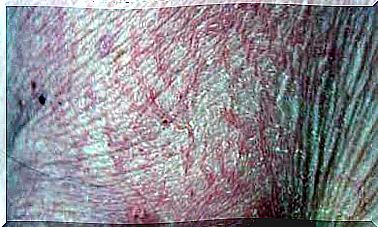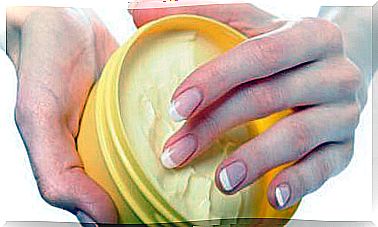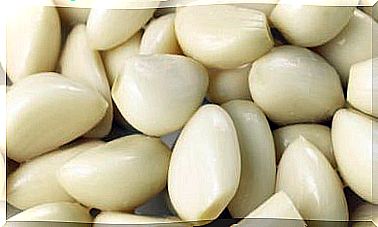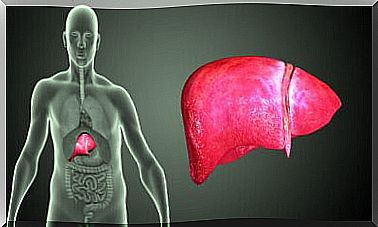Male Intimate Hygiene: How To Take Care Of It To Avoid Infections?
Proper male intimate hygiene helps reduce the risk of infections, bad smells and other uncomfortable symptoms. What should you keep in mind? In this space we detail it.
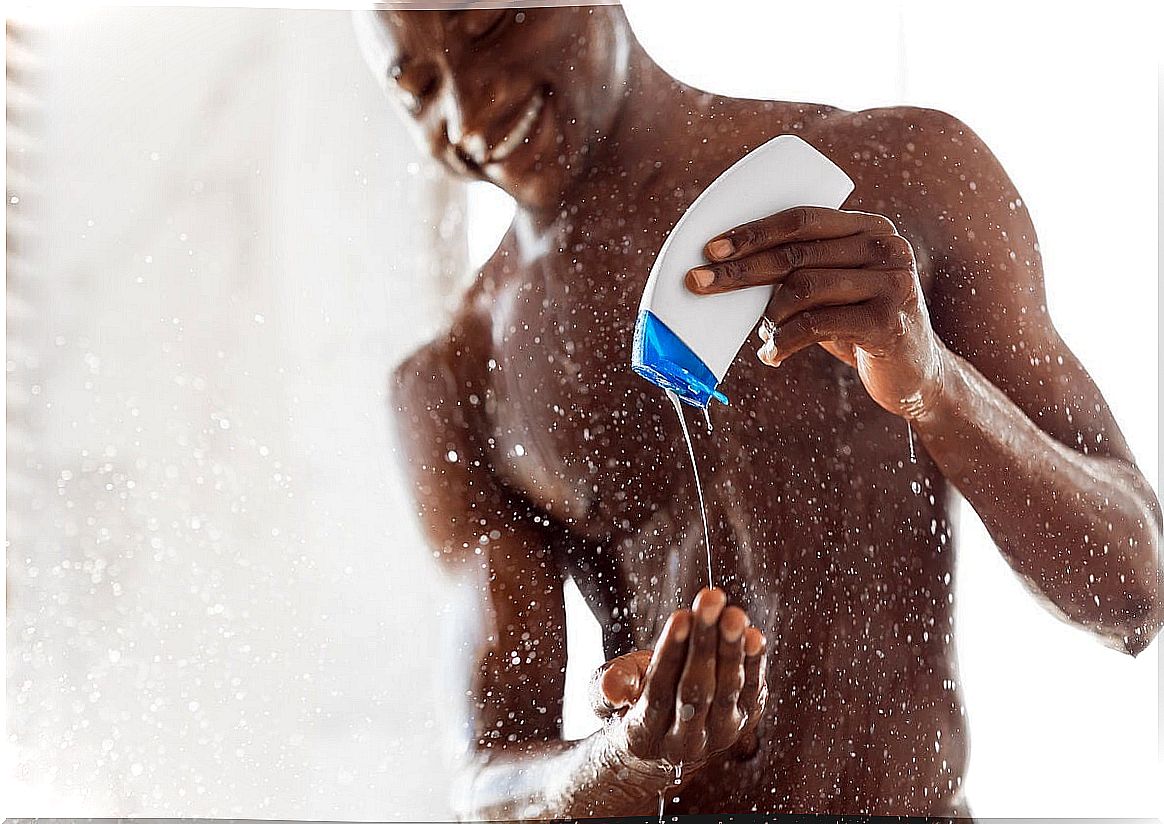
Personal hygiene guarantees your well-being and comfort. Various parts of the body require detailed hygiene, including the genital, which is one of the most exposed due to its involvement in sexual activity and the expulsion of urine. We invite you to know some tips to take care of the male intimate area.
The genitals tend to accumulate moisture due to their functionality and close contact with clothing. However, in many cases they are not given the necessary attention to carry out proper hygiene.
The causes can be ignorance, carelessness or not being aware of the problems that can be unleashed by not having proper habits. For this reason, it is essential that each of the folds that can retain dirt be thoroughly explored in the toilet.
Importance of male intimate hygiene
Male intimate hygiene plays a very important role in the health of the genitals and the rest of the body. In this area there are secretions of sweat, urine and semen, which tend to leave residues attached to the different parts of the penis.
As a result, bad odors, itching, burning, and other bothersome symptoms can occur. Furthermore, due to the presence of bacteria and other pathogenic microorganisms, there is also a high risk of infections.
On the other hand, a substance known as smegma appears around the head of the penis. This works as a lubricant during sexual intercourse, but it must be sanitized during the daily shower to avoid inconveniences.
Otherwise, it accumulates with dead cells, fat residues and other substances that cause bad odors, whiteheads at the base of the glans and infections that cause swelling.
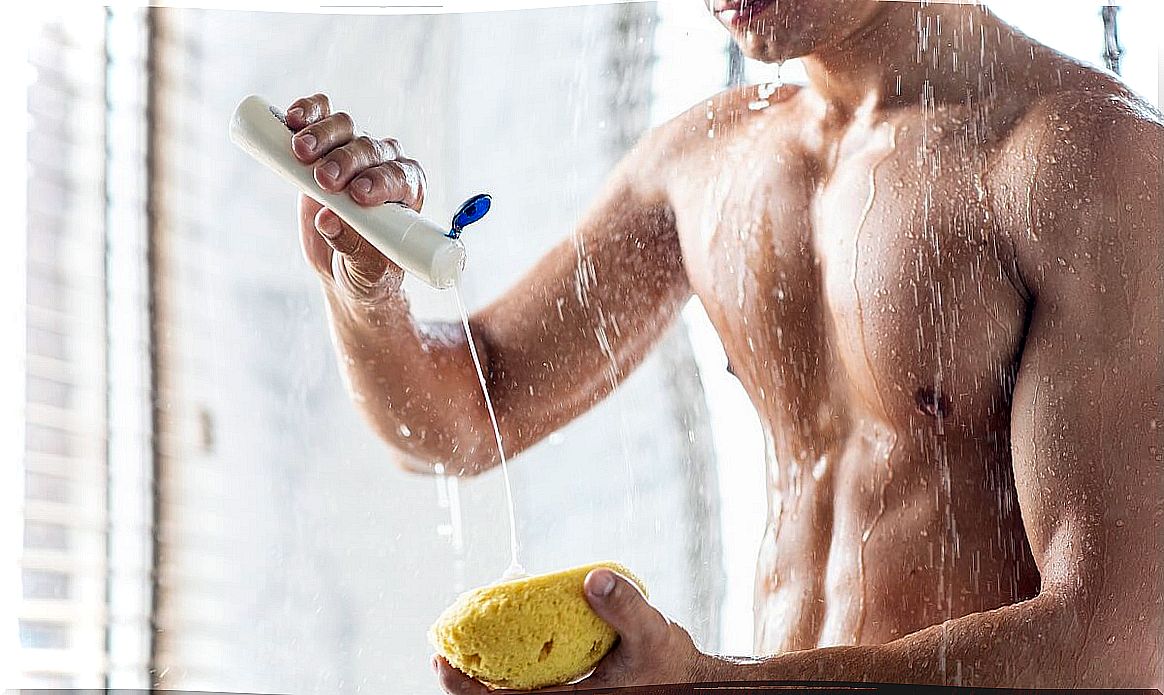
Tips to take care of the male intimate area
Although the genitalia can be vulnerable to the development of infections due to sweating, the accumulation of substances in the folds of the penis and the possible concentration of fungi in humid areas, all these consequences can be avoided with the implementation of a correct intimate hygiene . What must be considered?
1. Wash daily with soap and water
Soap and water make it possible to eliminate the residues that have been concentrated in all sectors of the genitals. In addition to sanitizing the foreskin, trunk and testicles, the skin of the penis should be moved back to lather and clean the entire glans area.
Sponges are not necessary during the process because they can hurt the folds of the penis. In addition to this, this cleaning must also be presented in the groin area to avoid accumulated sweat.
2. Dry well and use a clean towel
The male intimate area should be dried carefully, with a clean towel, as there can be no wet areas that facilitate the accumulation of fungi and bacteria.
Also, whenever possible, use a different towel than the one intended to dry the rest of the body. This ensures that the towel is not damp when drying the genitals.
3. Wash after having sex
Washing with soap and water is essential after sexual intercourse, as it is the way to instantly eliminate semen residues or bacteria that can be transferred in the exchange of flows with the partner.
4. Clean the area after urinating
After urinating, it is necessary to dry the penis with toilet paper to prevent moisture or substances from circulating that allow the proliferation of bacteria.
5. Wear clean, comfortable cotton clothing
The daily change of underwear is as necessary as the other measures of male intimate hygiene. Avoid contact with garments that accumulate dirt or sweat. In addition to this, it is advisable to wear comfortable garments, made of cotton fabrics, to avoid excessive sweating.
6. Avoid the use of innocuous products
Neutral soap and water are enough to successfully clean the entire intimate area. Products such as sprays or fragrances should not be applied to the genitals, as their components can cause redness and irritation.
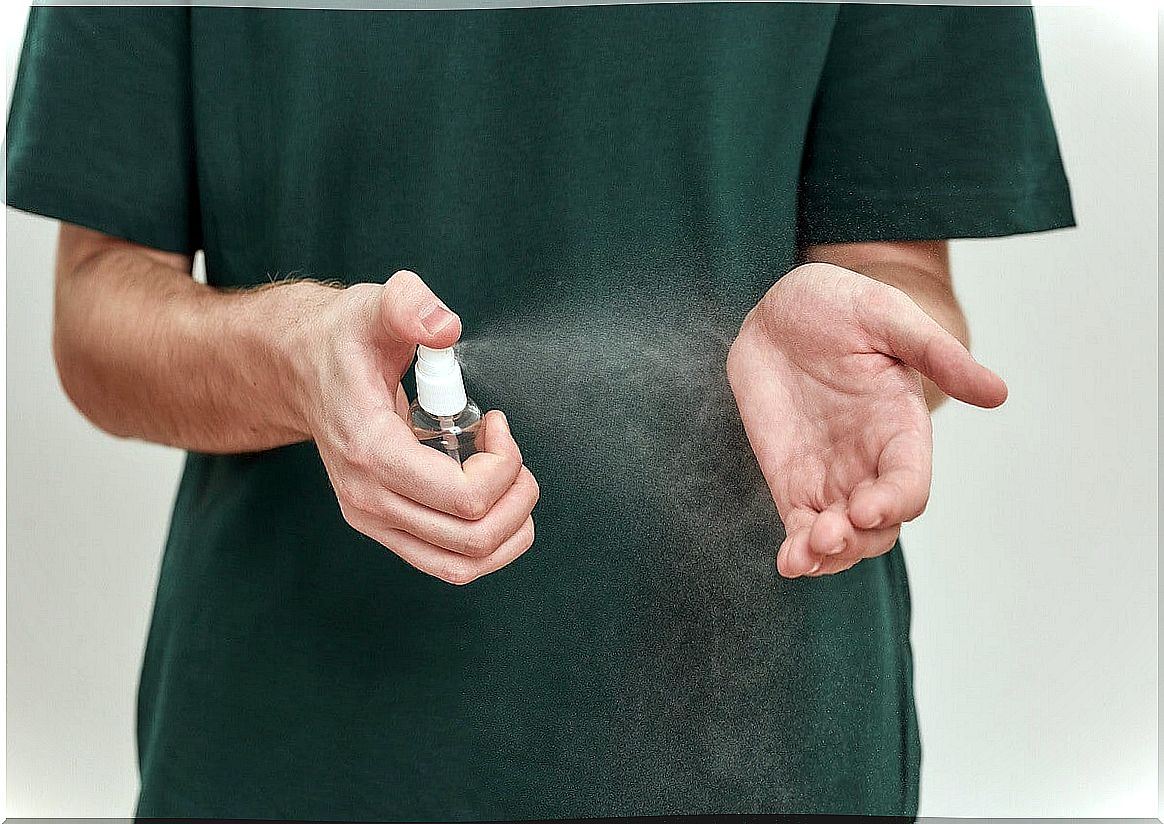
Problems associated with poor hygiene in the male intimate area
If you don’t pay proper attention to intimate hygiene, sooner or later you can get illnesses. Next, we detail the main problems related to neglect in this area.
Itching and bad smell
These symptoms are a clear indication that hygiene is poor. With this, the person feels discomfort for much of the day and cannot provide pleasant conditions for intimate moments with their partner.
Redness and swelling
They indicate that there is excess dirt and that some microorganisms – such as bacteria – are adhering to the moist folds of the genitalia. It can also be an adverse reaction caused by poor treatment or the use of products that contain chemicals.
Balanitis
It is a disease that inflames the glans of the penis. It occurs because accumulated substances were not cleaned and bacteria that caused infection were developed. Its symptoms involve irritation, itching, burning, smelly discharge, and rashes on the glans penis.
Posthitis
This condition inflames the foreskin of the penis. It is due to poor hygiene habits that led to pathogenic microorganisms being stored on the skin. Its symptoms are a strong irritation that can cause pain when urinating.
Balanoposthitis
It occurs due to inflammation of the glans and foreskin at the same time. In this disease, the symptoms of balanitis and posthitis come together, which can make it impossible to move the foreskin back.
Male intimate hygiene, a habit for health
It is essential to take care of genital hygiene to have good health and protect the couple from contracting infections during intimacy. Due to this, all cleaning habits must be carried out day by day with perseverance, dedication and awareness.
It should be noted that the intimate area should always be handled with care to avoid painful rubbing and injury. In addition, if you have symptoms associated with injuries or possible infections, it is essential to consult a specialist.
